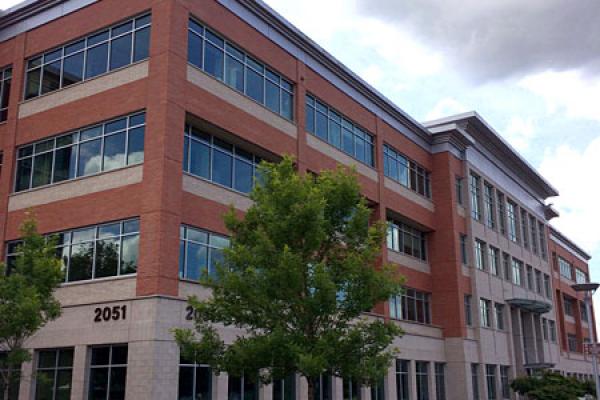If you are looking for a meaningful way to serve your community, the Medical Reserve Corps (MRC) might be the perfect volunteer opportunity for you.
The MRC is an organization of licensed health care and medical professionals who can be called upon to assist in the response to large-scale health or medical emergencies and local public health events. The MRC is a national volunteer network, and the units are managed locally.
In 2021, Clackamas, Multnomah, and Washington counties partnered to form the Tri-County Medical Reserve Corps Collaborative. The units have jointly formed a centralized administrative, onboarding, and training process to improve collaboration, increase volunteer opportunities, and streamline deployments. This partnership helps make our region more resilient, while allowing each unit to maintain its local, operational autonomy.
Who Can Join?
Anyone with a health or medical license (including alternative care) that is in good standing can join the MRC. Your license must be overseen by a state licensing board that conducts at least one criminal background check upon initial licensure.
To apply for unit membership with any of the Tri-County units, please fill out the registration form with the State Emergency Registry of Volunteers in Oregon (SERV-OR). When you fill this form out, you also can join the State Managed Volunteer Pool (SMVP)- the State of Oregon’s volunteer emergency response program.
Once you have completed the registration form, you will be contacted by our friendly staff within ten business days. Once you have been confirmed as a volunteer you will be assigned a Better Impact account to complete onboarding requirements and sign up for events.
Please note that the onboarding requirements take about two hours to complete. The deadline to complete the onboarding process is three months from when you are confirmed as a volunteer. Onboarding requirements include the following:
- Medical Reserve Corps Orientation Video
- HIPAA Review Video
- Bloodborne Pathogens Training
- OSHA Heat Illness Prevention Training
- Disability Training for Emergency Planners: Serving People with Disabilities
- Responder Resilience Factsheet
Opportunities to Learn and Serve
Volunteers can participate in a variety of emergency and non-emergency operations in the region, including:
- Community reception centers and shelter operations
- Disease investigation and contact tracing
- Covering staff shortages at healthcare facilities
- Immunization clinics
- Mass prophylaxis/vaccination clinics and point-of-dispensing sites
- Call center operations during emergencies
- Preparedness exercises and events
- Teaching Stop the Bleed, Community CPR and First Aid Certification classes
- Engaging in outreach to the public to support community preparedness efforts
 Translate
Translate






